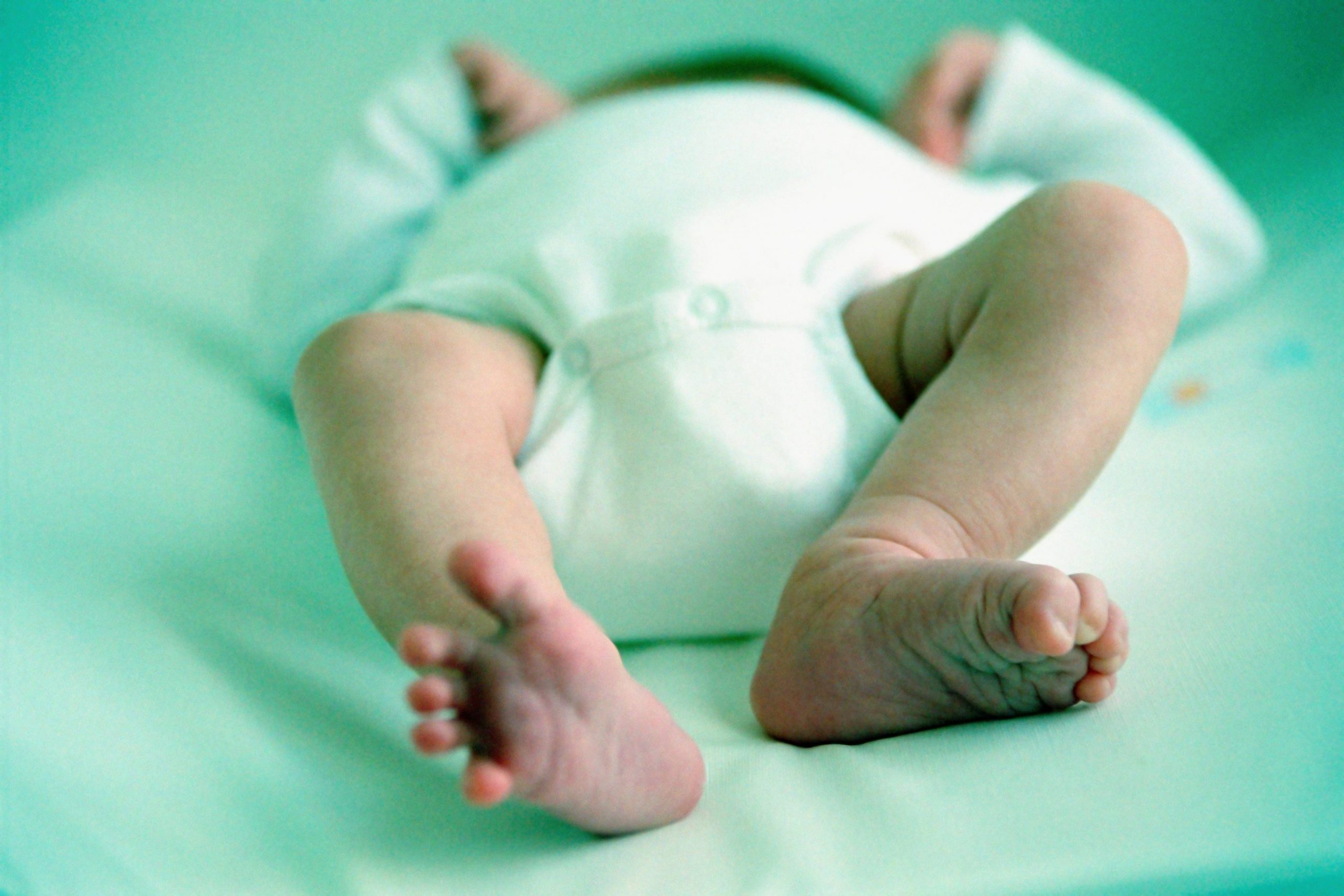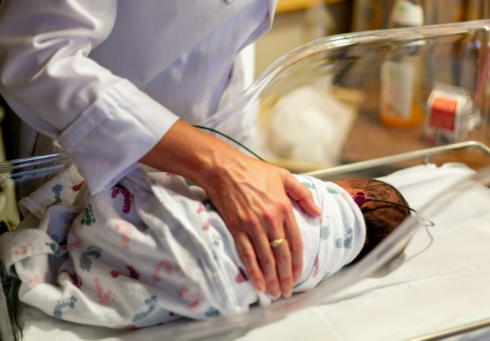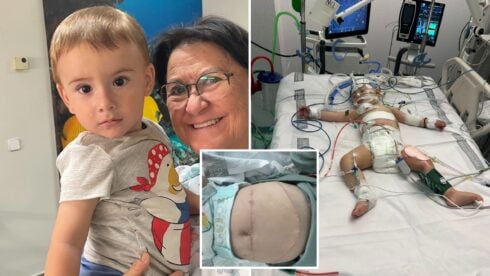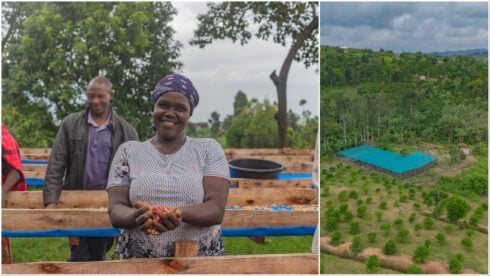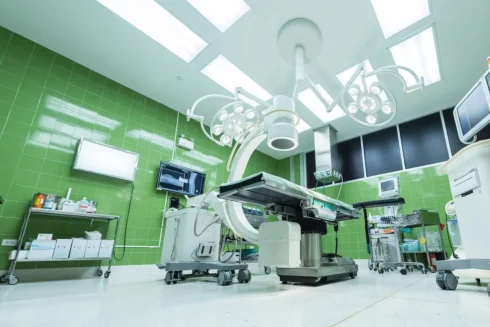A MAN in Spain’s Andalusia region who had a son via IVF treatment has discovered that the child is not his biological offspring, and is taking legal action against the regional health service due to the alleged mistake.
The family is demanding compensation of €1 million for what they consider to be a ‘serious error, according to an association called The Patient’s Ombudsman, and which specialises in protecting the rights of families who have suffered cases of medical negligence.
The situation came to light due to a series of coincidences, according to reports in the Spanish press. These included repeated comments from relatives about how little the child, who was born in late 2021, resembled his supposed father.
Then a friend with medical knowledge noticed that the blood group of the baby was incompatible with those of his parents. This prompted the family to take a paternity test, the result of which showed that the woman was the child’s biological mother, but that the man was not the father.
‘The result was communicated to the family on February 27, 2023 and was devastating for them,’ the lawsuit states.
The family is suing the health system as well as the Hospital Universitario Puerta del Mar in Cadiz. The regional health chief, Catalina Garcia, has so far said that an investigation has been launched into what exactly happened, Spanish daily El Pais reported.
The lawyer acting for the family, which has not been identified, also raised fears about how far-reaching the error could be: i.e. another family undergoing IVF treatment may have had a baby using the man’s sperm.
The association has opted to go public with the story in order to avoid such mistakes happening again. ‘It’s obvious that what happened cannot be sorted out, but perhaps if everyone hears about it, it won’t happen again,’ the group said.
Read more:
Spain extends free IVF treatment to single women, lesbians, bisexuals, and trans people
Cybercriminals demand €4.2 after ransomware attack on Clinic hospital in Spain’s Barcelona
Spain’s Costa Blanca has third-highest number of health worker attacks and threats in the country
Click here to read more News from The Olive Press.

